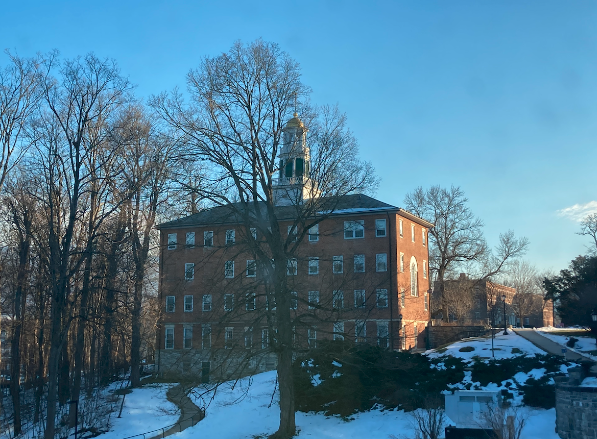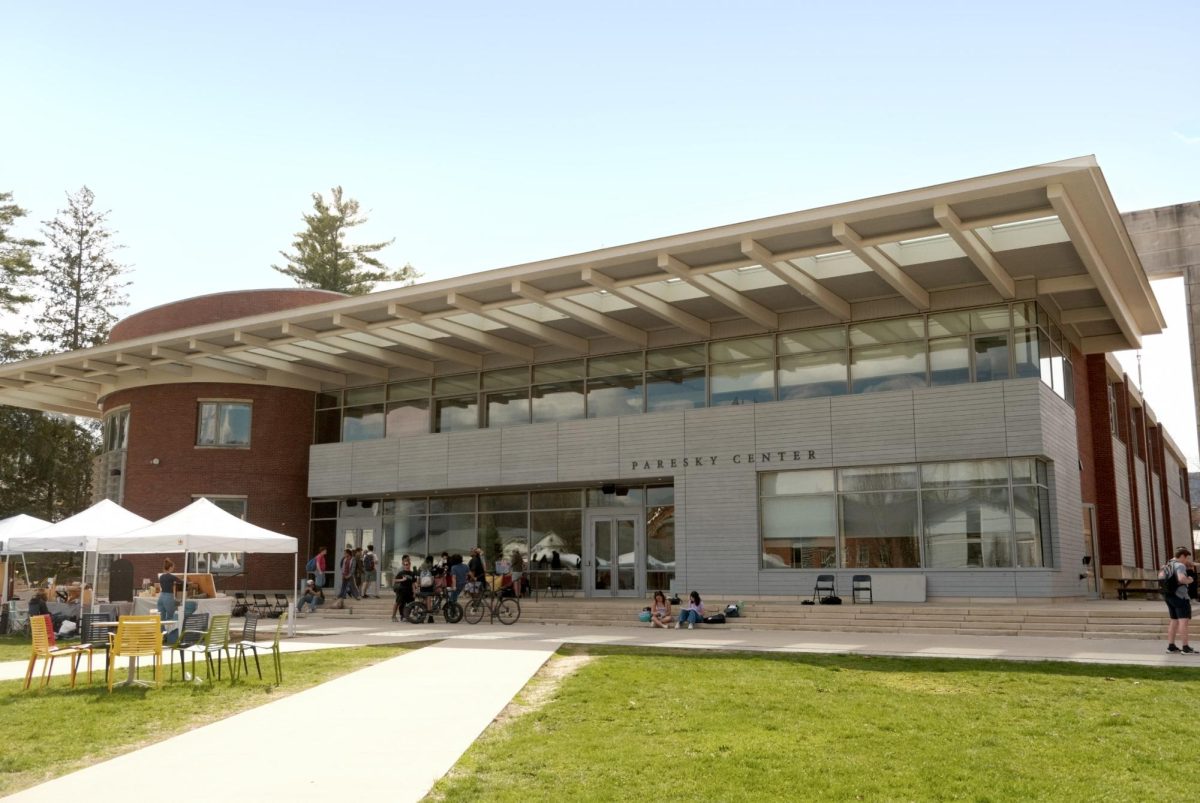
The faculty will vote on a motion to dissolve the justice and law studies (JLST) concentration at their meeting today. The motion, brought to the faculty by the Committee on Educational Affairs (CEA), states that there is insufficient faculty interest in teaching courses for the program and argues that the JLST concentration does not offer significant interdisciplinary benefits to students beyond a list of courses loosely related to legal studies. If the motion passes, students currently at the College will be able to finish the concentration through a modified sequence of courses.
The motion echoes a recommendation issued by the Justice and Law Program Committee, which was convened in summer 2024 by Dean of the Faculty Lara Shore-Sheppard to evaluate the program. The committee comprises five faculty members who teach JLST courses. After a semester of deliberation, the committee recommended that the CEA move to dissolve the concentration.
JLST, originally called legal studies, was created in 2002 by Professor of Psychology Saul Kassin. The College initially hired visiting attorneys to teach the program’s capstone course, but faculty began teaching the introductory and capstone courses in 2006. The CEA memo notes that the lack of faculty interest and bandwidth to teach JLST had become apparent by 2008.
The memo explains that former chair of JLST Alan Hirsch’s retirement last year prompted the reevaluation of the concentration. Hirsch served as chair from 2014 until his retirement and frequently taught both the introductory and capstone courses for the concentration. According to the memo, no faculty member expressed interest in teaching either course after Hirsch’s retirement. JLST does not have a dedicated full-time employees, so, without Hirsch — who was a lecturer in the humanities rather than a professor of a specific department — there is no faculty member solely dedicated to the program.
“Without someone dedicated to teaching the introductory and capstone classes, JLST adds nothing to the curriculum besides a transcript designation,” the memo notes.
Professor of Political Science Cheryl Shanks, who chairs JLST, said that in its current form, the concentration merely collects law-related courses and offers a transcript designation, unlike other concentrations that offer cross-disciplinary benefits. “[Through] global studies or public health — the other [concentrations] I’m familiar with — there’s a value added so that it doesn’t just designate that you’ve taken six classes,” she said. “It says you’ve gone to the colloquium, and you’ve done all these collaborative projects and that sort of thing.”
Utsav Bahl ’25, a JLST concentrator, told the Record that some concentrations at the College have such limited course offerings that it doesn’t make sense to designate them as concentrations at all. “If your options are to take one of two electives offered every semester, it’s like you’re doing it just for the title as opposed to the exploration of the subject itself,” he said.
The memo claims that dissolving JLST will provide faculty with more time for other pursuits and enable students interested in law to forge their own curricular paths. Shanks suggested that first-years interested in legal studies take advantage of courses in the political science department. “Look at the catalog in terms of political processes in which law is implicated — things having to do, for example, with civil disobedience or notions of equality,” she said. “They revolve around law and they include law, but law isn’t necessarily in the title.”
Alex Riggs ’26, a JLST concentrator, echoed Shanks’ recommendation to explore legal studies across the course catalog. “So many departments at this college have non-trivial discussions of justice, and lots of classes I’ve been in that are not in the justice and law [concentration] have talked about issues that are very much justice-related,” she said.
Nonetheless, Riggs pointed out that without JLST, new students at the College would not have a clear way to organize their studies around law.
For Shanks, the potential termination of the program is timely and beneficial. “When something’s run its course, you don’t keep it around just because you had it,” she said. “It would just be taking up space in the curriculum and elbowing out other possibilities.”














